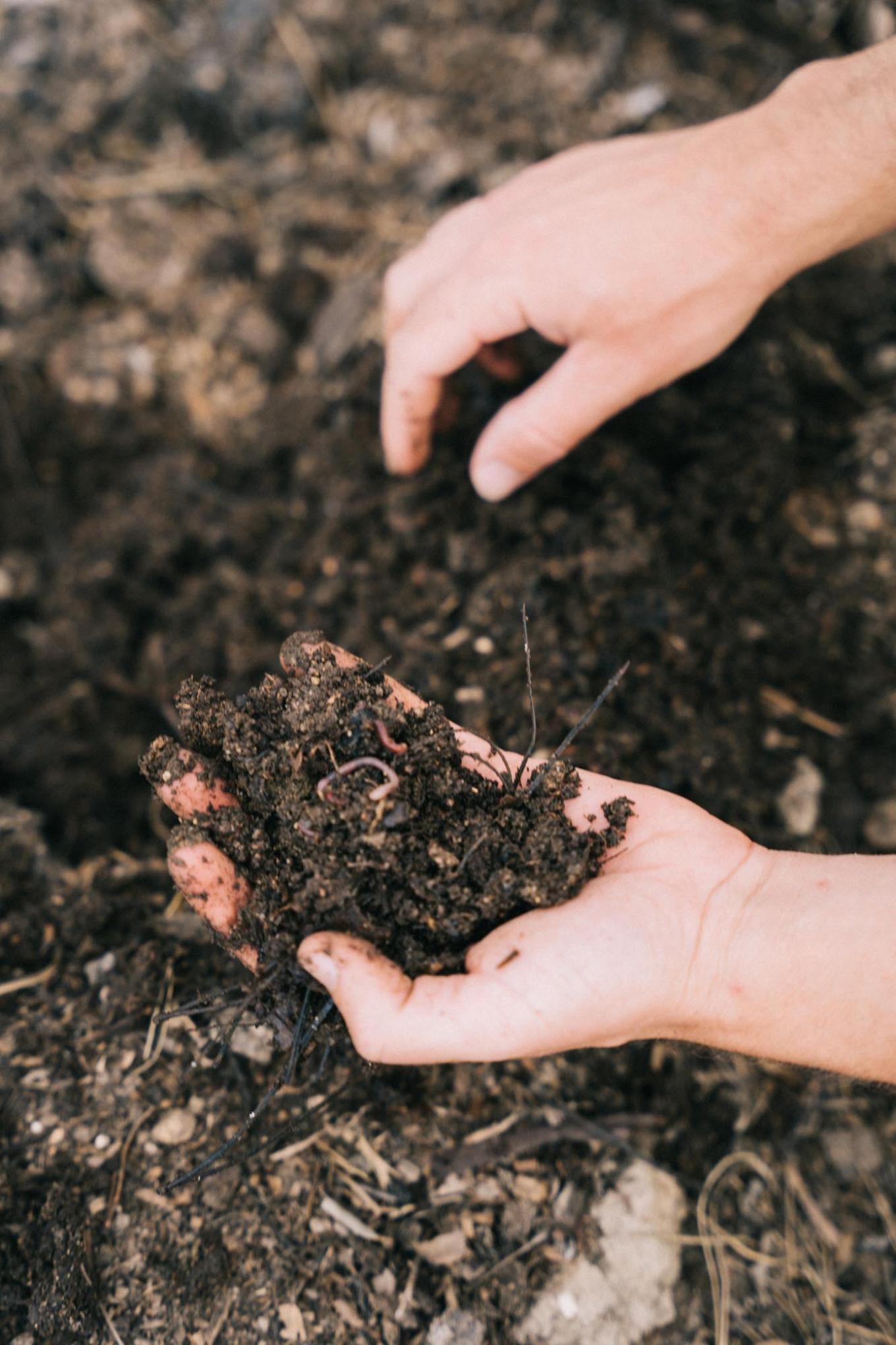
The Mad Agriculture Journal
Reflecting on the Mad! OGRAIN Farmer Learning Cohort
Published on
April 09, 2024
written by
Omar de kok-Mercado
photos by
Jane Cavagnero
In the heart of the digital Zoom countryside, a group of eight farmers have gathered together on a journey not just of cultivation, but of innovation and shared discovery. Mad! in partnership with OGRAIN has been hosting this group of eight farmers online monthly; each member of this learning cohort brings a unique perspective, shaped by their own land’s contours, the crops and livestock they nurture, and the communities they feed. What brings these farmers together is a shared mission: to navigate the evolving challenges of modern agriculture with resilience and ingenuity.
We aren’t talking about the agriculture of our ancestors. The challenges farmers face are multifaceted, spanning climate change, soil degradation, and the pressures of a global market. Farmers are being tasked with not just growing food, but doing so in ways that are regenerative and mindful of the Earth.
Technology is playing a pivotal role in their journey. Precision farming techniques, drones, data analytics, and artificial intelligence offer insights into patterns of weather and disease, allowing for preemptive action rather than reaction, and informing the judicious use of water and inputs.

The heart of our farmer learning cohort is the community. We meet once a month not just to share data and techniques but stories of successes and setbacks. Each farmer, regardless of their operation’s size or sophistication contributes to a pool of communal wisdom that enriches the entire group.
Regeneration is the thread that weaves through every discussion and decision. It’s a commitment to practices that not only yield bountiful harvests today but ensure the fertility and health of the land and communities for generations to come. This includes discussing preparing for fall cover crops and harvest, soil health and fertility, grain marketing, farm financials, equipment and machinery, adaptive management, crimping, weeds and pests, and more.
In reflecting on this learning cohort so far, I think it’s more than a group of farmers sharing tips on farming; it’s a microcosm of modern agriculture’s transfiguration. This cohort represents a forward-looking approach that blends tradition with innovations, individual effort with community support, and productivity with regeneration.
After long days, careful planning, and the hard work, farming should ultimately be fun. I can see it in this group of farmers, although farming is undeniably filled with its challenges and demands, at the core of it all, they love it and it brings them joy.